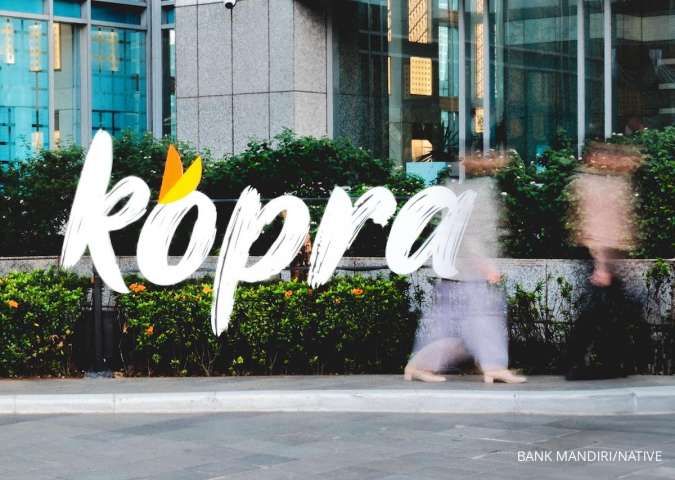JAKARTA. The deficit of white crystal sugar or consumption sugar in 2016 is predicted to continue in 2017. The deficit is even predicted to be larger, as the sugar productions in 2016 dropped, while the demands in 2017 are increasing. Ministry of Agriculture estimates, sugar productions in 2016 were only 2.2 million ton, while demands for sugar of this year reached 2.75 ton. Therefore, the deficit may reach 550,000 ton in this year. Sugar deficit was also in place in the last year. The sugar productions in 2015 were only 2.49 million ton, while the demands in 2016 were 2.7 million ton. Therefore, the government has allowed State Owned Companies (SOEs) to import raw sugar as much as 381,000 ton to cover the deficit in 2017.
Consumption sugar deficit may continue
JAKARTA. The deficit of white crystal sugar or consumption sugar in 2016 is predicted to continue in 2017. The deficit is even predicted to be larger, as the sugar productions in 2016 dropped, while the demands in 2017 are increasing. Ministry of Agriculture estimates, sugar productions in 2016 were only 2.2 million ton, while demands for sugar of this year reached 2.75 ton. Therefore, the deficit may reach 550,000 ton in this year. Sugar deficit was also in place in the last year. The sugar productions in 2015 were only 2.49 million ton, while the demands in 2016 were 2.7 million ton. Therefore, the government has allowed State Owned Companies (SOEs) to import raw sugar as much as 381,000 ton to cover the deficit in 2017.

